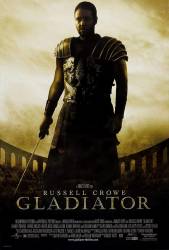
Question: I don't know whether this is a mistake or if there was a certain reason for it but, at the end of the movie when Maximus tells Quintus to free his men, Quintus turns to the line of guards standing behind him and says, "Free the prisoners, go!" Two of the guards standing next to each other immediately go to free the prisoners, and the rest of the guards don't budge. How did those two guards know that the orders were given directly to them?
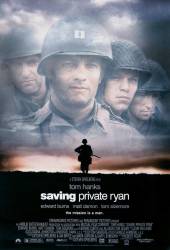
Question: After Capt Miller gets briefed on his new mission to rescue Pvt Ryan and enlists Upham for the mission, there is a long shot of the beach. What are those Zeppelin-like things that are floating around, tied to the ground? What are they good for? (00:39:50)
Answer: These were barrage balloons, commonly used during the war. They are used to stop low level bombing and low level fly bys by enemy fighter planes. The cables attached to the balloons are designed to cut through the wings of the aircraft and to bring them down, so any pilot would have to fly above them, and the balloons would also restrict the view from above.
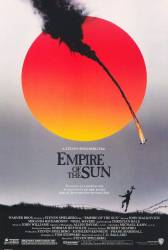
Question: Can anyone who speaks Japanese tell me what Jim says to the guard who's beating up the doctor? He says a few lines, then bows. The guard seems embarrassed and walks away.
Chosen answer: The first time, Jim says "Nanika no machigai desu. Bokutachi wa minna tomodachi desu yone. Senso no sei desu." This roughly translates to "There has been some sort of mistake. We are all friends aren't we? It is the war's fault." The second time, Jim only says "Nanika no machigai desu. Bokutachi wa minna..." and then gets pushed aside. "There has been a mistake, we are all...". I hope that helps.
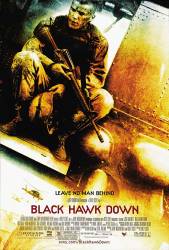
Question: Why did the film makers portray Sgt. Eversmann as the main character/hero of the story? I've read the book and his involvement was minimal.
Answer: The answer to this question is quite simple. Whenever any book is put on to the screen things must be glorified in order to catch the eye of a film goer. In movies like this one, heroes, brave men, and down right bad ass characters are what people need to see. If the movie was just like the book, there would be just a whole bunch of equally important characters, which is something very rarely seen in movies. So in short they made sgt Eversmann a main character simply because the movie needed one.
That makes sense but does anyone know why Eversmann was the specific soldier chosen as the focus for the movie?
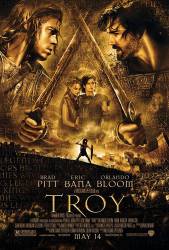
Question: What does Agamemnon yell right before the Greeks charge in the first battle?
Answer: He doesn't yell any words, just an expression of anguish over his brothers death.
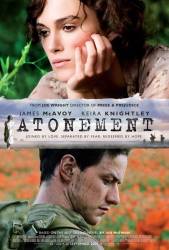
Question: Robbie's soldier friend (I think his name was Nettle) was so calm and compassionate with him. He said that the hiding place was in reality the beach cottage and he protects Robbie from the angry soldiers. Did he do that because he saw how sick he is and probably knew, deep inside, that Robbie will not survive the night until the evacuation, and wanted to give him a peaceful end? Why does he take Robbie's letters and pictures with him?
Answer: I think he realizes that Robbie most likely won't make it. He takes the letters so that he can get them back to his loved ones. He probably knows that there is a last goodbye to someone (his girl/his mother) in them. And, if nothing else, even if his body doesn't make it back to them, they have a piece of him to cherish.
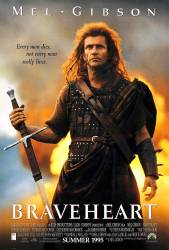
Question: Why does Wallace spit out the pain killer that the princess gives him?
Chosen answer: Just like he said, it would dull his wits and not leave him fully lucid the next day when he had to face the torture.
He wanted his full awareness so he didn't accidentally yell for mercy.
Answer: Because it's a reference to what his Father's last words to him were at the beginning of the film before he was killed, 'I know you can fight but it's our wits that makes us men'. That's why Wallace says to the Princess, 'It will dull my wits and I must have them always'.
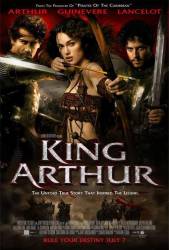
Question: What does the Saxon who rallies the troops actually yell? He yells it twice: once, after Cerdic meets with Arthur in front of the wall and gives the order to "prepare the men for battle", and then a second time when Cerdic gives the signal after the only survivor of the first "wave" comes back through the wall. (And I don't mean his cry of "battle formation.").
Answer: I don't think it's supposed to be German. Probably Old Saxon. Could be something like "slahten fiand" - slaughter enemy.
Answer: He yells 'Schlachtet den feind!' (In very, very bad "German") - 'slaughter the enemy!'. And his army seems to yell: "Schlachtung! Schlachtung! Schlachtung..." - "Slaughter! Slaughter! Slaughter..."
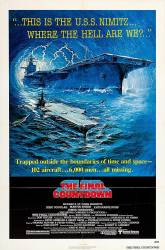
Question: After going through the first storm they lose track of the incoming plane they set the barricade up for. The after a minute the plane lands and the pilot is brought in by stretcher. The commander looks at the young inexperienced pilot like something was wrong. Why did the director choose to do that? I think the pilot aged but they took it out of the movie for time or something else. Any ideas?
Answer: First, he had a look of concern for the young pilot under his command. Second, he is also confused as to what exactly happened. They believe it was a first strike weapon, that the world was ending.
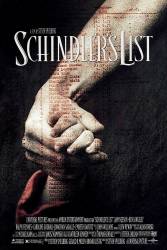
Question: Does anyone know the name of the song which is playing on the radio in the beginning of the movie, when Schindler is getting dressed for the party?
Answer: "Gloomy Sunday".
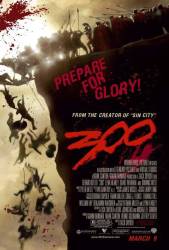
Question: Could someone please explain the goat in Xerxes' 'sex room' (for lack of a better word). The scene before Xerxes offers the hunchback Ephialtes everything, this scene begins with a shot of a goat with human hands playing an instrument and (I believe) smoking something. Does Xerxes have a goat fetish or something? Could someone kindly explain this for me.
Answer: The scene is meant to show that Xerxes has exotic creatures/slaves from every corner of the world. In the reality of the film, a goat-headed musician would certainly qualify.
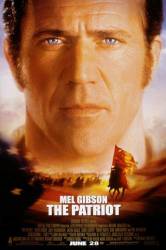
Question: At the end of the movie, Martin stabs Tavington in the stomach, and then in the throat. How does he know Tavington is really dead this time? Earlier in the film, Tavington pretended to be dead twice after Martin's sons shot him.
Answer: Guns were less powerful during Revolutionary times and the wounds were more survivable. Deep and ripping knife stabs to areas like the abdomen and the neck area are more likely to be fatal. Tavington may not die instantly, but he would probably bleed out and/or bleed internally fairly quickly.
Would being stabbed in the stomach, and in the throat have been enough to kill a person as tough as Tavington?
Absolutely. A deep stab to the stomach/intestinal area would be very deadly even today. Being stabbed directly in the throat would kill someone very fast due to a lack of air and inhaling blood into the lungs.
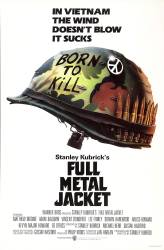
Question: Who's idea was it, or the reason, Kubrick decided to kill off Gunnery Sergeant Hartman? Was it to merely show the casualty of war?
Answer: It was Gustav Hasford's idea. It happened in the original book that the story is based on, "The Short Timers."
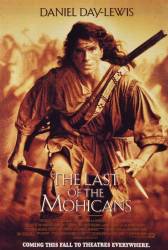
Question: At the fort they cover their cannons with sheepskin. Why?
Answer: During inclement weather, dry sheepskins were used to keep rain from entering the barrel. During battle, wet sheepskins were used to cool down the barrel to decrease the likelihood of the powder exploding prematurely.
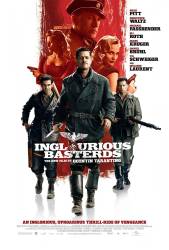
Question: Why does Hugo Stiglitz kill the German officers in the first place? The film mentions his enlistment, but how is this related to his killings?
Answer: Based on his willingness to join the Basterds, we can assume he killed them because he didn't believe in what the Nazis were doing.
There is a cut of him being whipped during the bar scene. I think he was taking revenge for harsh and perhaps undeserved punishment.
No, the whipping is how it feels in his mind sitting next to that SS officer and having to pretend to like him and be a Nazi. He's ready to snap.
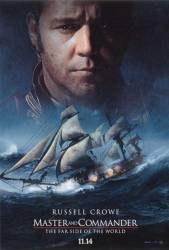
Question: Will someone explain to me navigation. I have never heard of "Sou Sou West" or "Sou East by East."
Answer: There are four major directions (North, South, East and West), four minor (North East, south east, south west and north west) and 16 sub directions. Among these are South South West and South east by East. South South West is between South West and South and South East by East is between south east and east.
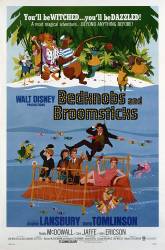
Question: Several times near the end of the movie, the German soldiers speak in German without subtitles. Can anyone translate?
Answer: All I could catch was "VORAN,VORAN" which means "Go, go!"
Answer: I added some translations for this to the Trivia page for this movie here on moviemistakes.com a while back. https://www.moviemistakes.com/entry213396.

Question: Who was supplying the Hutu army?
Answer: French.
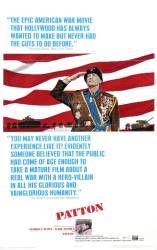
Question: During the slapping, what did George mean when he said send him up to the front?
Answer: "The front" means the front line, i.e., where the enemy is being engaged. He's saying that since the soldier isn't physically injured, he should be fighting, not (as Patton sees it) being a coward and shirking his duty.
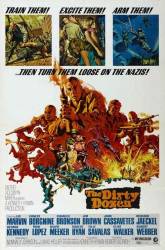
Chosen answer: Because they would be the ranking soldiers, and accustomed to being given orders. Being disciplined, they would obey Quintus without question. The legions would necessarily have soldiers assigned to following orders at different times, similar to how a captain would give an order to a full room, and the first mate would be the one to carry out the order.
rswarrior